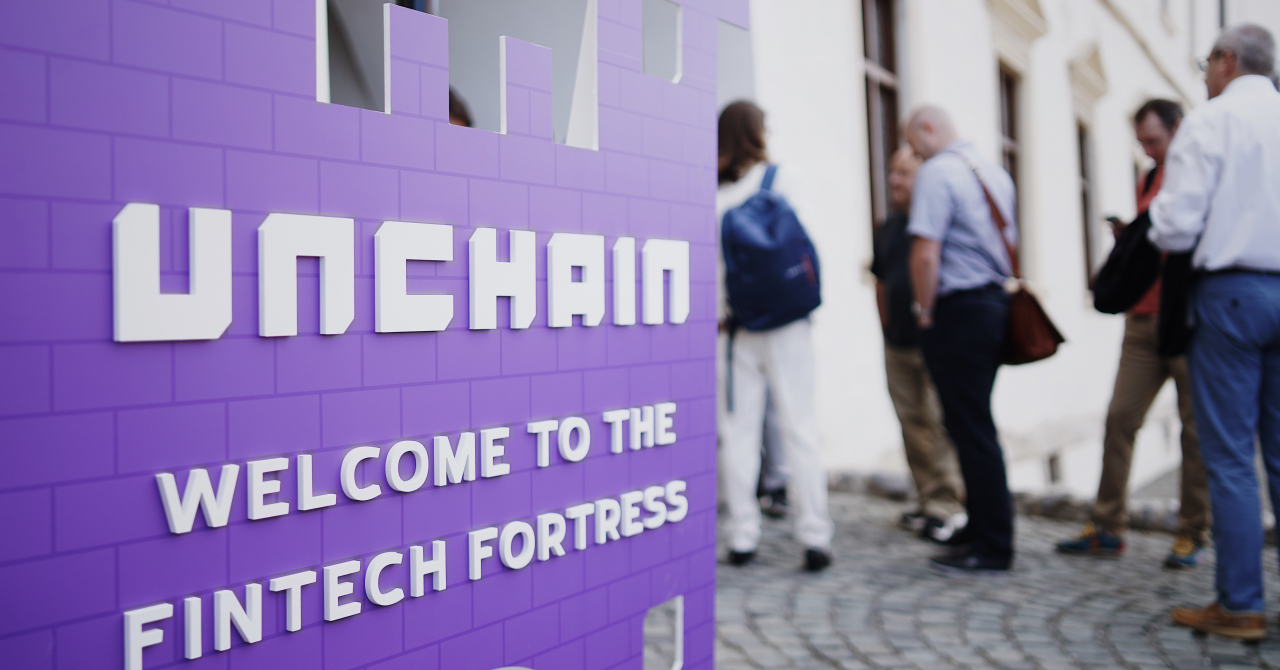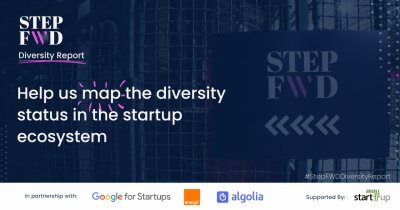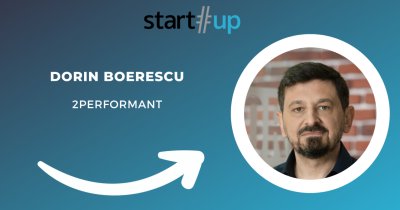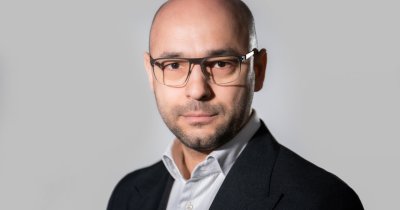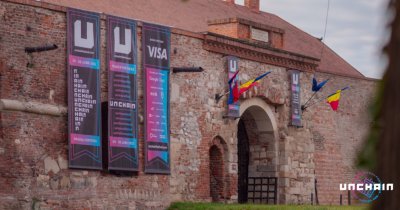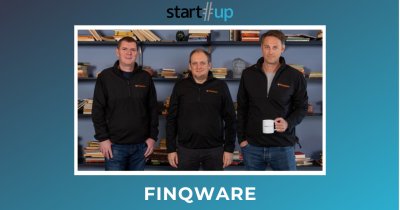The pilot edition has reunited over 300 participants from over 20 countries, such as experts in the banking and financial field, representatives from central and commercial banks in the CEE region, technology enthusiasts, startups and investors, making it the landmark event for the CEE fintech ecosystem.
The Unchain Fintech Festival scene has reunited over 70 speakers and investors, representatives of the entire fintech ecosystem, from entrepreneurs to members of accelerators, regional and European associations, institutional and legislative partners.
They offered insights about the future of the fintech and banking industry, addressing current issues, such as regulatory frameworks, central bank digital currencies, innovative payment systems, digital assets and blockchain technology.
“Although it marked a premiere in the industry, the event proved to be a great success and participants already started to book their calendars for next year’s edition. We are glad to have succeeded in bringing together experts and enthusiasts in the industry, as well as creating an event that combined business networking with a relaxed atmosphere, and leisure & travel activities”, declared Alexandra Pollack, Co-founder & CEO of Unchain Fintech Festival.
Unchain guests expressed their opinion on the financial system, considering that banks are the ones that should initiate collaborations with fintech, rather than the other way around and that they should operate more like technology companies.
”Speed is the key word in innovation, and banks can’t always keep up with the speed of fintech. However, not having time or resources is never an excuse, as long as there is the outsourcing alternative”, mentioned Szymon Stacczak, Head of CEE Visa Consulting & Analytics.
According to experts, speed and partnership mark the fintech game, and the relationship between the industry players should rely on trust, the most important “currency” that banks offer to the economy.
“Every money is good money in good times. In bad times, you find the real value of money and end up turning your attention to institutions for public money, and this is what we need to offer: digital cash. Central banks, innovators, and fintech companies have to talk the same language. Now, they all want to be on the safe side, but from two different perspectives which need a common denominator and goals unification”, adds Linardo Martinčević, Advisor in the Office of the Governor and FinTech coordinator within the Croatian National Bank.

EU bodies are trying to create a common field so that instead of twenty-seven markets to have just one, facilitating growth and reducing costs.
“The EU states agreed to create vertical blockchain sandboxes and legislation in the area of AI – providing AI sandboxes in all EU states. We aim to provide a cross-border framework so that different fintech companies can use the common experience when entering a new market”, stated Maria Staszkiewicz, the President of the European Digital Finance Association.
Meanwhile, the Romanian authorities are trying to set the ground for proper cooperation in the ecosystem, payments-wise.
”We don’t work alone - we not only have partnerships with other banks and service providers, but we also use and share the know-how with our international counterparts, European banks, and players. We aim that Romanians worldwide can instantly access and transfer money as they want”, continued Tudor-Tim Ionescu, Strategy Consultant at The National Bank of Romania.
In parallel with the main scene, there were also startup pitches and 1to1 mentoring sessions for fintech & blockchain startups looking for support and financing.
After multiple pre-elections rounds before the event, 24 startups from 15 countries pitched in front of the jury during the festival. Seven of them moved on to the final: Acounto from Hungary, BoneX from Bulgaria, INKI.TECH from Romania, SLS Solutions from Poland, Torus from Lithuania, Welthee from Romania, and FilmChain, the winning start-up from Great Britain with Romanian founders.
 Oana Coșman
Oana Coșman